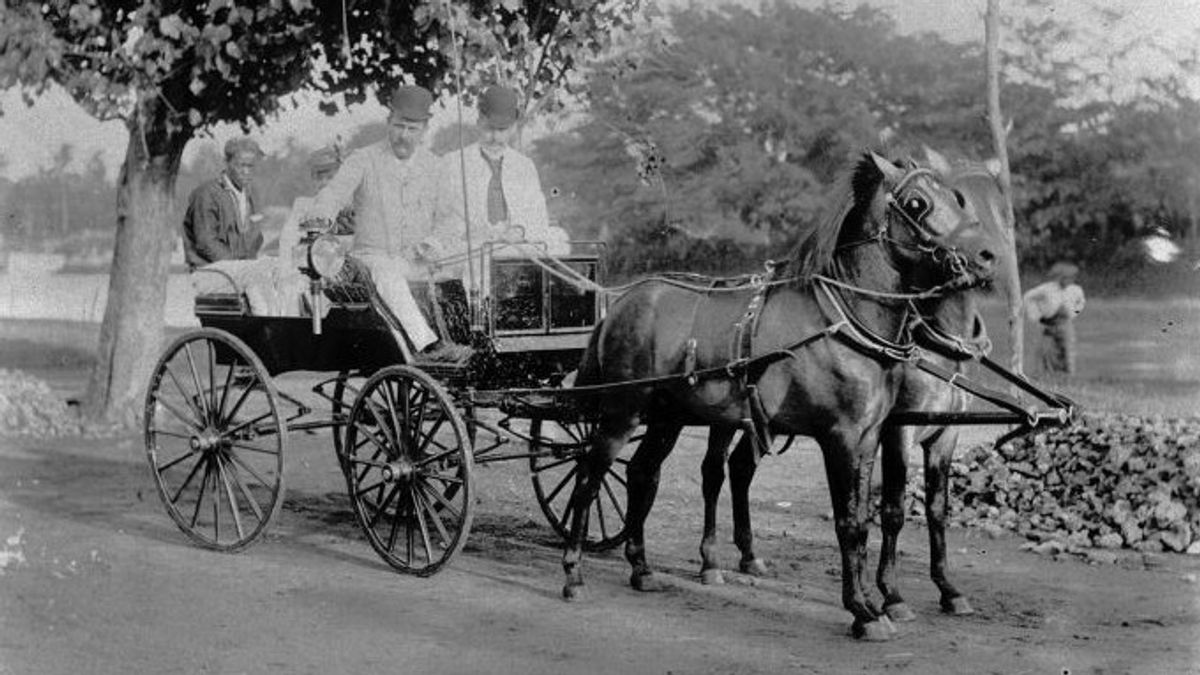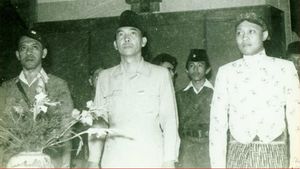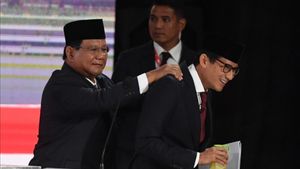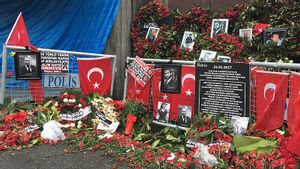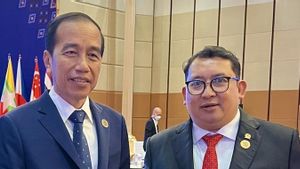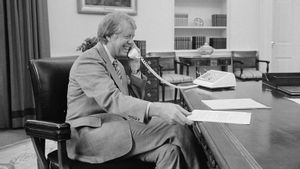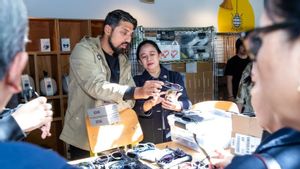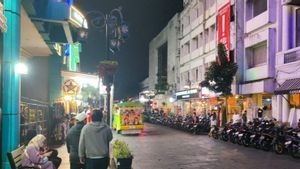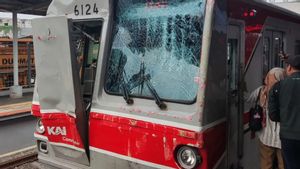JAKARTA - The horse carriage was once a marker of wealth in the Dutch trading partnership era, the VOC. Whoever owns a horse train, is definitely marked as a rich man. Kompeni officials and the rich who use it will receive respect.
This condition made the Company look at the horse train, not just transportation. The horse train is included in the ranks of expensive goods. The narrative made the Company interested in putting the horse broil into a tax on luxury goods.
In the past, it had its own standards related to luxury goods. In the Company era, for example. Compenies in the spice trade business began to formulate themselves regarding the standards of luxury goods. Anything can be used as a symbol of wealth.
This condition can be seen when he looks at the presence of a luxury horse train in Batavia from 1619. The presence of a horse train is not only a solution to the scarcity of land transportation. The sado' to the seeds considered the Dutch colonialists as one of the markers of wealth.
They have not been said to be rich if they do not have a horse train. The rich actor is presented in every important celebration. Horsecars are often used to worship at church and all kinds of party celebrations -- wedding parties, promotional parties, and funerals.
The point is what the momentum can be used as an event to show off wealth. The presence of those who use the horse train is definitely a hot topic of conversation. The trend of the horse train as a luxury item is not without reason.
In the past, the Dutch who came to the archipelago were mostly from ordinary families. Not rich people. Not educated people. The result is money obtained from trade and corruption for spree.
They act like new rich people (OKB) who are lazy and wasteful. They always want to be seen. This behavior continues to be maintained because the class of the Governor General of the VOC only does the same.
SEE ALSO:
The Governor-General of the VOC has a two-door horse train that is pulled by six horses. While the members of the council of the train were pulled four horses. They are other officials who are motivated to live in spree.
'Pamer kekayaan di depan publik juga memperkenalkan pemerintahan di Batavia. Hal ini muncul bukan karena kebisukaan satu sama lain, bukan juga masalah dengan para pempor, tetapi masalah kekeratan hak antara sesama anggota pemerintahan.'
With the Java and Japanese hierarchy models as their model. Batavian officials express their rank and achievement description to climb the stairs of the VOC people or the free general public," said historian Jean Gelman Taylor in the book Social Life in Batavia (2009).
The Company does not remain silent in seeing the existence of the horse train that is growing. The money from the invaders came out. He considered the horse train as a luxury item. This condition made the Dutch make a series of rules governing the horse train.
Anyone who wants to have a horse train is required to get approval from the Governor-General of the VOC. They are prominent citizens who quickly get permission. While those outside ethnic Europe are difficult to get ethnic Chinese, Malay and others.
The legal product then requires the owner of the horse train to bring a luxury tax to the Company. The taxes paid are not small. The taxes alone can contribute up to 9 thousand ringgit every year.
In particular, high-ranking Company officials are not required to pay the horse train tax. Those who pay are only low-ranking officials, rich people, or retired officials. However, not everyone can pay a big tax. Many try to trick taxes.
There are also those who choose the rental option. Many people see that renting a horse train is cheaper than having a horse train. They are not charged with maintenance and taxes. They can also appear like state celebrities on their rental trains.
In the turn of the 17th and 18th centuries. Batavia is quite prosperous and can actually accommodate more than 140 a variety of European horse carriages, but this does not happen among others because to own a horse carriage one needs to obtain personal permission from the Governor General and horse train owners have to pay annual taxes to the management agency.
Therefore, many residents prefer to rent a horse train. The parties who are exempt from having to pay the train tax are top Kompeni officials, council members, judicial officials and government-appointed officials such as directors and governors assigned outside Java and in Batavia," said historian Hendrik E. Niemeijer in the book Batavia: The XVII Century Colonial Society (2012).
The English, Chinese, Japanese, Arabic, and French versions are automatically generated by the AI. So there may still be inaccuracies in translating, please always see Indonesian as our main language. (system supported by DigitalSiber.id)
